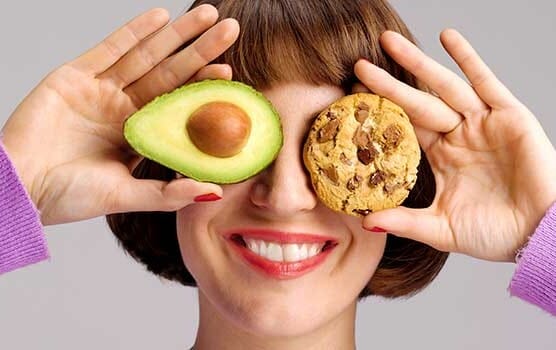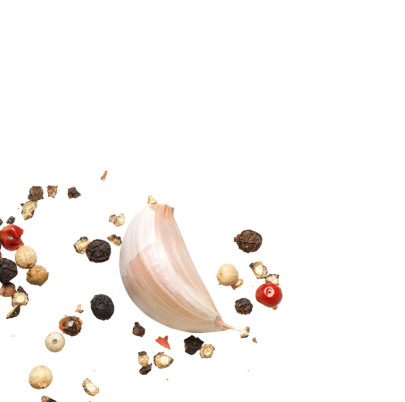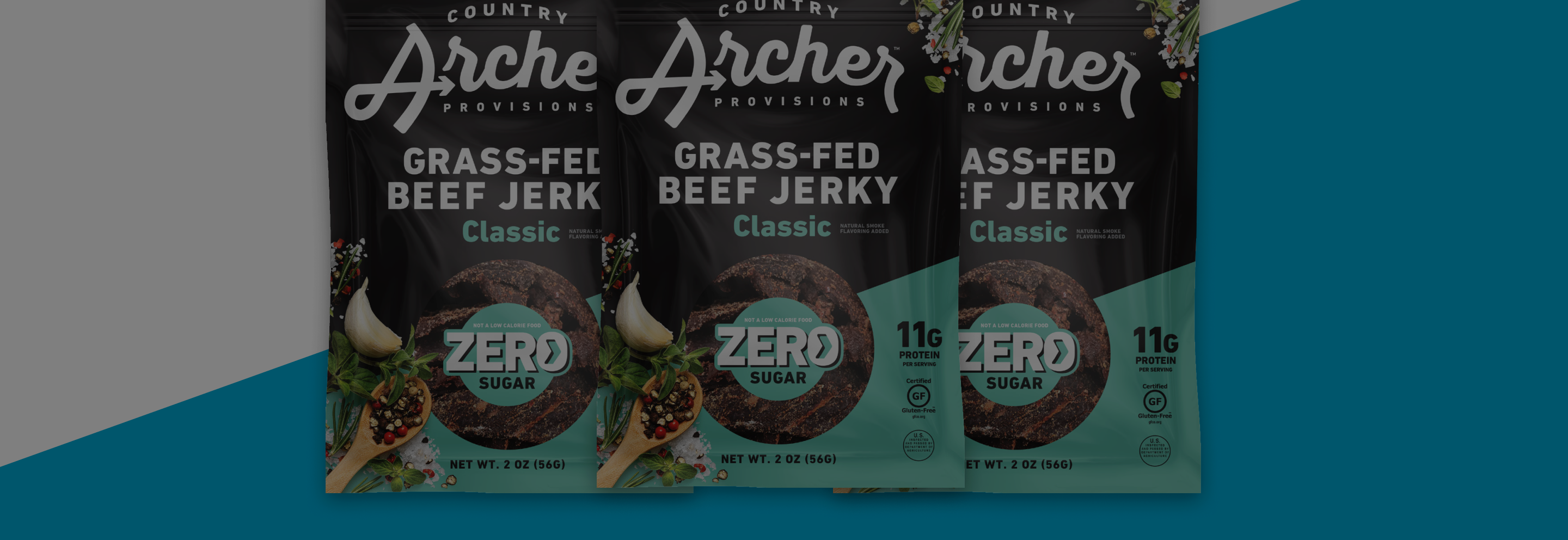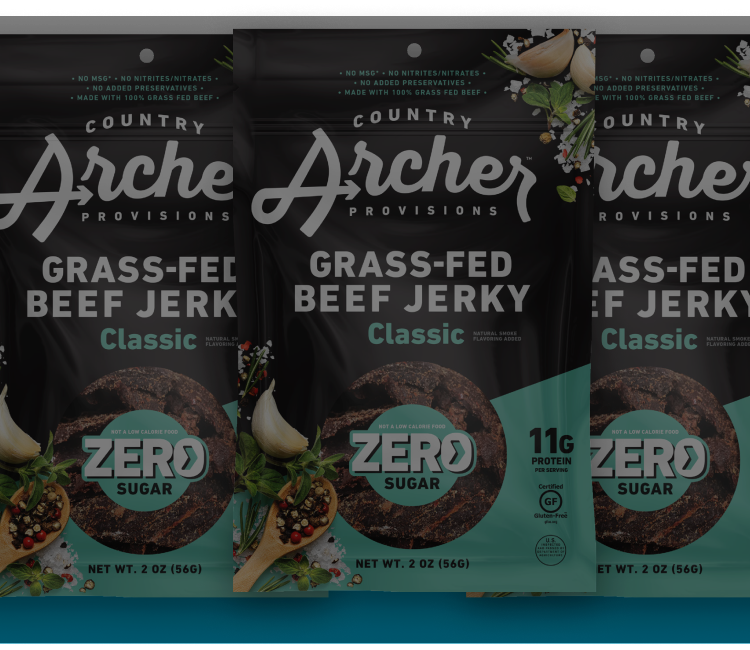Introduction
Cholesterol is often perceived in a negative light, yet it plays an essential role in our body's functioning. It contributes to the formation of cell membranes, certain hormones, and vitamin D. However, not all cholesterol is created equal, and understanding the difference between "good" and "bad" cholesterol is crucial for maintaining heart health. Lipoproteins, which transport cholesterol through the blood, are the key to differentiating between the two types.

Understanding Cholesterol
The Role of Cholesterol in the Body
Cholesterol is a fatty substance that's vital for building cell membranes, producing certain hormones like estrogen and testosterone, and aiding in the manufacture of vitamin D and bile acids that help digest fat.
How Cholesterol is Measured
Cholesterol levels are measured through blood tests, often broken down into total cholesterol, HDL (high-density lipoprotein), LDL (low-density lipoprotein), and triglycerides.
Good Cholesterol (HDL)
Definition and Role in the Body
HDL is known as "good" cholesterol because it helps remove other forms of cholesterol from your bloodstream, reducing the risk of heart disease.
Foods that Increase HDL Levels
Foods rich in healthy fats, such as avocados, fatty fish (like salmon and mackerel), olive oil, and nuts, can boost HDL levels.
Lifestyle Changes to Boost HDL
Regular physical activity, quitting smoking, and maintaining a healthy weight are effective ways to increase HDL cholesterol.
Impact of HDL on Heart Health
Higher levels of HDL are associated with a lower risk of heart disease and stroke.

Bad Cholesterol (LDL)
Definition and Role in the Body
LDL is labeled as "bad" cholesterol because when its levels are too high, it can lead to the buildup of plaques in arteries, increasing heart attack and stroke risk.
Foods that Increase LDL Levels
Saturated fats found in red meat and full-fat dairy products, as well as trans fats in some processed foods, can raise LDL levels.
Lifestyle Changes to Lower LDL
Adopting a diet low in saturated and trans fats, engaging in regular exercise, and avoiding tobacco smoke can help reduce LDL levels.
Impact of LDL on Heart Health
Elevated LDL cholesterol is a significant risk factor for coronary artery disease and other cardiovascular conditions.

Managing Cholesterol Levels
Diet and Nutrition Tips
A heart-healthy diet rich in fruits, vegetables, whole grains, and lean proteins can help manage cholesterol levels effectively.
Importance of Regular Exercise
Physical activity can help raise HDL levels while lowering LDL levels and triglycerides.
Medications and Treatments
Statins and other cholesterol-lowering medications may be prescribed for individuals unable to manage their cholesterol through diet and lifestyle alone.
Monitoring and Regular Check-ups
Regular cholesterol screenings can help you and your healthcare provider make informed decisions about your heart health management.

Cholesterol Myths and Facts
Dispelling myths and clarifying facts about cholesterol can empower individuals to make healthier lifestyle choices. For instance, it's a myth that all cholesterol is bad, and understanding the nuances between HDL and LDL is key to managing heart health.
Cholesterol's Role in Brain Health and Hormone Development
Cholesterol is not only pivotal for heart health but also plays an indispensable role in brain health and the development of hormones. This section delves into how cholesterol supports these critical functions.
Cholesterol and Brain Health
The brain is the most cholesterol-rich organ in the body, containing about 25% of the body's cholesterol. This cholesterol is crucial for:
- Formation and maintenance of neuronal membranes: Cholesterol is vital for the integrity and fluidity of cell membranes in neurons, facilitating proper communication between brain cells.
- Synapse formation: Synapses are the connections through which neurons communicate. Cholesterol is essential for the formation and function of synapses, influencing learning and memory.
- Myelin sheath formation: Cholesterol is a key component of myelin, the protective coating around nerve fibers that speeds up the transmission of electrical signals.

Cholesterol and Hormone Development
Cholesterol serves as a building block for the synthesis of several critical hormones, including:
- Steroid hormones: These hormones, which include cortisol, estrogen, and testosterone, are synthesized from cholesterol. They regulate metabolism, immune function, and sexual development and function.
- Vitamin D: Cholesterol is converted into vitamin D when your skin is exposed to sunlight. Vitamin D is essential for bone health, immune function, and inflammation regulation.
- Bile acids: Produced in the liver from cholesterol, bile acids are critical for digesting and absorbing fats and fat-soluble vitamins in the intestine.
Understanding the multifaceted roles of cholesterol underscores the importance of maintaining balanced cholesterol levels, as both deficiencies and excesses can have detrimental effects on brain health, hormonal balance, and overall well-being.
Conclusion
Understanding the differences between good and bad cholesterol and how they affect heart health is vital. By adopting healthier lifestyle choices and monitoring cholesterol levels, individuals can significantly reduce their risk of heart disease and improve their overall well-being.
FAQs
-
What is cholesterol?
- Cholesterol is a waxy substance found in your blood, essential for the formation of cell membranes, certain hormones, and vitamin D.
-
Why is HDL considered good cholesterol?
- HDL is considered good because it helps remove other forms of cholesterol from your bloodstream, reducing the risk of heart disease.
-
How can I raise my HDL cholesterol levels?
- Eating foods rich in healthy fats, exercising regularly, quitting smoking, and maintaining a healthy weight can boost HDL levels.
-
What foods should I avoid to lower my LDL cholesterol?
- To lower LDL levels, avoid foods high in saturated and trans fats, such as red meat, full-fat dairy products, and processed foods.
-
Are cholesterol-lowering medications safe?
- Statins and other cholesterol-lowering medications are generally safe but may have side effects. It's important to discuss these with your healthcare provider.
-
How often should I check my cholesterol levels?
- Adults should have their cholesterol checked every 4-6 years, or more frequently if they have a history of heart disease or other risk factors.
-
Can high cholesterol be inherited?
- Yes, familial hypercholesterolemia is a genetic condition that causes high LDL cholesterol levels and increases the risk of heart disease at a young age.












